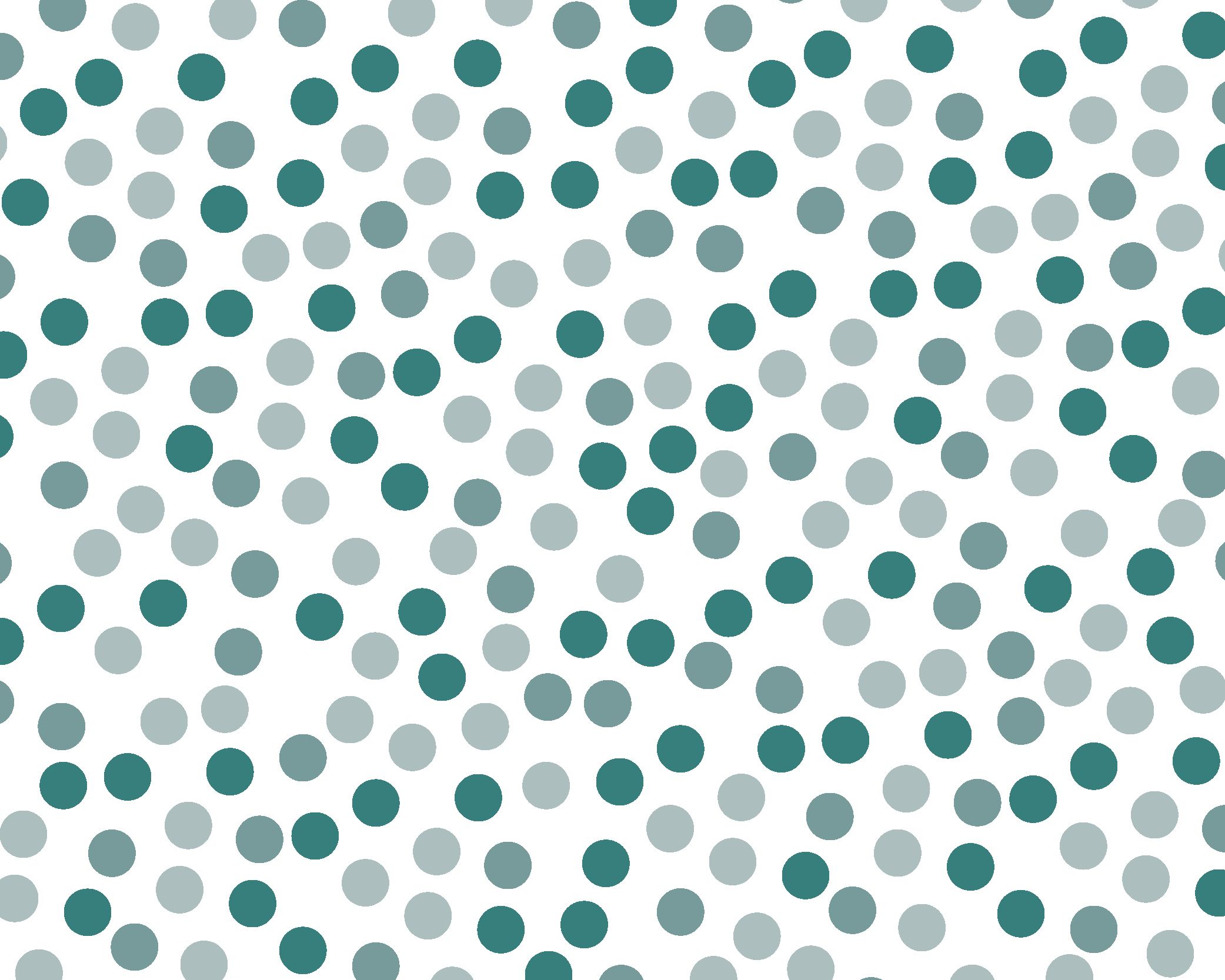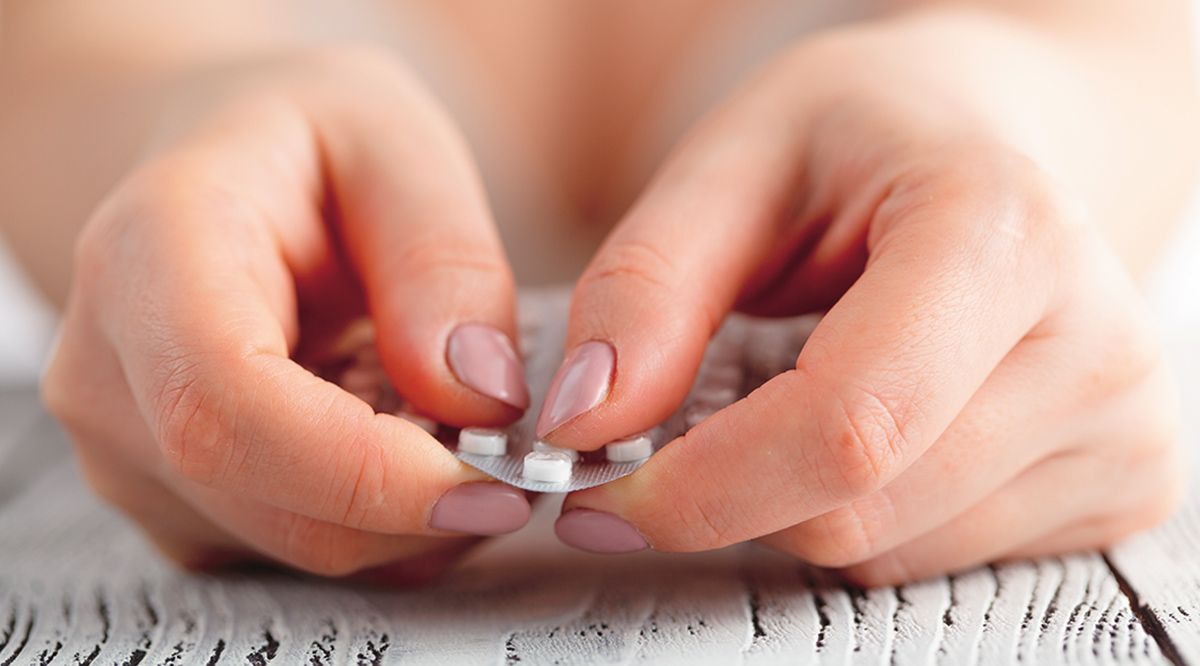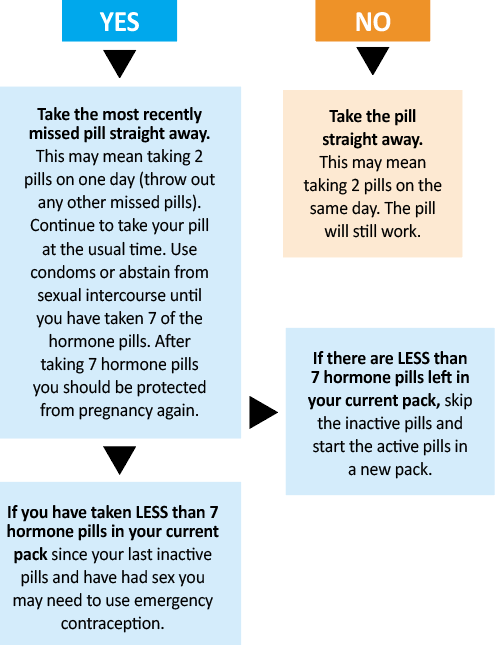The Pill

What is the combined oral contraceptive pill?
The combined oral contraceptive pill, usually simply called ‘the pill’, is a contraceptive pill taken by mouth which contains 2 hormones, oestrogen, and progestogen. These hormones are similar to the hormones produced by your ovaries.
How does it work?
The pill works by preventing ovulation, which means it stops the ovaries from releasing an egg each month, which in turn means that fertilization cannot occur, and a pregnancy cannot begin.
It also thickens the mucus in your cervix, which makes it harder for sperm to get into the uterus (womb).
How effective is it?
The pill is 93% effective with typical use and up to 99% effective when it is used perfectly.
How is it taken?
You take the pill by mouth daily. It is important to take it at the same time every day. It might be helpful to set a daily reminder in your phone or place the pill pack in a place that will help you to remember to take it, so you don’t miss any pills.
You usually take 3 weeks of the hormone pills then between 4 and 7 days of non-hormone or sugar pills, which is when your period will come. You can also take the hormone pills for longer than 3 weeks so that you skip your period. It is quite safe to do this. If you think you would like to do this discuss it with your doctor.
Who can take the pill?
The pill is suitable for most contraceptive users up to the age of 50.
There are some medical conditions which make the pill unsuitable, these include the following:
- A history of deep venous thrombosis (blood clot), stroke, or heart attack
- Severe liver problems
- Migraine with aura (visual or other disturbances starting just before the migraine)
- Breast cancer
- Any conditions that increase your risk of blood clots
The pill may also be unsuitable:
- If you have high blood pressure, diabetes, gall bladder disease, active liver disease, kidney disease, some blood problems, or you are on some other medications which may interact with the pill.
- If you have a history of breast cancer
- If you are over 35 and smoke
- If you have unexplained bleeding from the vagina
- If you have a body mass index (BMI) of 35 or more
If any of these conditions apply to you, let your doctor help you decide if the pill is suitable for you.
Advantages of the pill
- It is very effective with correct use
- It is easy to get (with a script from your doctor)
- It is easily reversible, so your fertility can return to normal straight away
- It can help to make periods more regular
- It allows you to skip periods if you want to
- It can be useful in controlling heavy or painful periods
- It can help with managing premenstrual syndrome (PMS)
- It can help with managing polycystic ovary syndrome (PCOS) and endometriosis
- It can improve acne
- It can reduce the risk of some cancers, such as cancer of the uterus(womb), ovaries, and bowel

Disadvantages of the pill
- It must be taken at the same time every day
- It is less effective if not used perfectly (for example if pills are missed)
- There is a small risk of blood clots
- Some types can be expensive
- Effectiveness may be reduced by vomiting or diarrhoea
The pill and your health
Serious health problems caused by the pill are very rare — the most significant of these is blood clotting. Symptoms of this are severe sudden chest pain, severe pain or swelling in one leg, sudden blurred vision, or loss of sight, slurring of speech or sudden severe headache. If you have any of these symptoms contact your doctor immediately.
Your risk of developing a blood clot is increased when you are not mobile for an extended period of time e.g. sitting in a car or airplane on a long trip, or if you are planning to have surgery. Please talk to your doctor if you are planning any of these.
As well as being a contraceptive, the pill has other health benefits. When on the pill you are less likely to develop a serious pelvic infection, cancer of the ovary, cancer of the endometrium (lining of the womb), cancer of the bowel, anaemia, non-cancerous breast lumps, and cysts of the ovary.
When you are taking the pill, periods are generally less painful, the bleeding is usually lighter and more regular, and there is often less premenstrual tension. Acne may also improve.
Most people feel fine on the pill, but it is common to have some minor side effects initially.
These include:
- Some bleeding in between periods
- Sore breasts
- Headaches
- Mild nausea (feeling sick)
These side effect usually occur in the first couple of months and usually settle by themselves.
Some people report weight changes, reduced desire for sex, and mood changes, however, there is no scientific evidence to show that the pill causes these effects, other aspects of life may be contributing factors.
Very rarely the oestrogen in the pill can cause a patchy brown discolouration of the skin on the face called melasma. This is more noticeable if you spend a lot of time in the sun. If melasma does occur it usually does so in the first few months after starting the pill. If you notice this discolouration starting to appear on your face see your doctor.

Types of pills available
There are several different types (and many different brands) of the pill available. There are some differences between types, and it may take a few trials to find the one most suitable for you. Don’t be afraid to discuss the different options with your doctor.
Most pill types come in a 28-day pack with hormone pills and non-hormone or sugar pills.
Starting the pill
As long as you are absolutely certain that you are not pregnant, you can start the pill at any time of your menstrual cycle.
If you start with a hormone pill on Day 1 to Day 5 of your cycle (Day 1 if your first day of bleeding), you are immediately protected from pregnancy.
If you start at any other days of your menstrual cycle, you will need to use additional contraception, such as condoms, or abstain from intercourse, until you have taken 7 of the hormone pills.
What to do if you miss a pill
Is it more than 24 hours since the pill should have been taken? (This means more than 48 hours since you last took a pill).